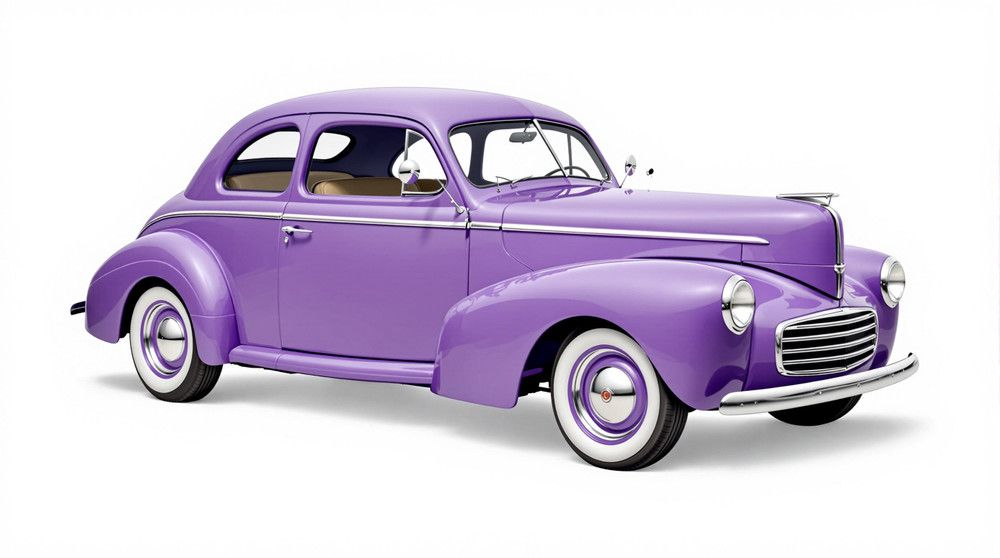Image of 1942 Willys Americar, Note: These illustrations use artistic license and may differ from actual historical models.
Performance Metrics
Fundamental Metrics
Emotional Appeal
MMP Rating
| Engine Specifications | |
|---|---|
| Engine Options: | L-head 4-cylinder |
| Displacement Range: | 134 cu in (2.2 L) |
| Horsepower Range: | Estimated 63 hp |
| Torque: | 105 lb-ft |
| Compression Ratio: | Estimated 6.48:1 |
| Ignition System: | Battery and coil |
| Cooling System: | Liquid-cooled |
| Performance Specifications | |
| 0-60 Time: | Information not available |
| 1/4 Mile Time: | Information not available |
| Top Speed: | 65 mph |
| Transmission and Drive | |
| Drive Type: | Rear-wheel drive |
| Transmission Type: | 3-speed manual |
| Fuel and Efficiency | |
| Fuel System Type: | Carburetor |
| MPG: | Information not available |
| Dimensions and Brakes | |
| Brakes: | Hydraulic drum brakes |
| Wheelbase: | 102.75 in |
| Weight: | 2,420 lbs |
Note: Specifications for classic cars are given to the best of our ability, considering the limited and variant data available.
Unearthing the Charm of the 1942 Willys Americar
The 1942 Willys Americar may not be the first vehicle that springs to mind when classic cars are mentioned, but it certainly deserves a spot in the annals of automotive history. Born out of an era of necessity, the Americar was manufactured by Willys-Overland Motors, a company renowned for its rugged and reliable vehicles. As America was gearing up for its involvement in World War II, this car emerged as a symbol of durability and American ingenuity. A particularly intriguing fact about the Americar is that its production was abruptly halted due to the war effort, making it a rare snapshot of pre-war American automotive design.
Design and Innovation
The exterior styling of the 1942 Willys Americar exuded simplicity and functionality. Its rounded fenders, prominent front grille, and teardrop headlamps were hallmarks of the era's design ethos. Inside, the cabin featured a no-frills approach with utilitarian materials meant to withstand daily use. Despite its basic appointments, the Americar did boast some technological advancements for its time, such as improved suspension systems for a smoother ride. Color options were limited due to wartime restrictions, with muted tones being common choices among buyers. The most iconic body style was undoubtedly the coupe, which offered practicality with a hint of sportiness.
Historical Significance
The Americar's impact on automotive design may not have been revolutionary, but it represented a critical moment when manufacturers were transitioning from peacetime luxuries to wartime necessities. This car stood apart from its contemporaries through its emphasis on affordability and reliability—qualities that would later become cornerstones of post-war American car manufacturing.
Performance and Handling
In terms of performance, the 1942 Willys Americar was modest by today's standards. Its top speed and acceleration figures were unremarkable; however, it provided adequate power for the period's driving conditions. The vehicle handled well on various road surfaces, absorbing bumps with relative ease thanks to its sturdy construction. Driving an Americar was an experience characterized by mechanical simplicity—the hum of its engine and the direct feedback through the steering wheel gave drivers a sense of connection to the road.
Ownership Experience
The Americar found its place as a daily driver for many Americans during its time. Its maintenance and reliability were strong points, with parts being relatively easy to source and repair work straightforward enough for the average owner to undertake. The car's robustness also made it suitable for modification into hot rods—a trend that would gain popularity in post-war America.
Fun Facts
A fun tidbit about this vehicle is that despite its civilian origins, some Americars were repurposed for military use during World War II due to their ruggedness. While not setting any speed or sales records, it did hold a place in many American driveways before production ceased. Criticisms typically centered around its conservative design and lack of luxury features.
Collector's Information
Today, finding a 1942 Willys Americar can be quite a challenge; estimates suggest that only a few thousand were produced before manufacturing pivoted towards military vehicles. As such, their value range can vary significantly based on condition and originality, with well-preserved examples fetching higher prices among collectors. Given their scarcity and historical context, Americars have seen an appreciation in value over time.
Conclusion
The 1942 Willys Americar is more than just a relic from America's automotive past—it's a testament to an era where resilience and adaptability were paramount. While it may not boast groundbreaking performance or opulent features, its significance lies in what it represented during a pivotal moment in history. For collectors and enthusiasts alike, owning an Americar is not just about possessing a piece of history; it's about cherishing the enduring spirit of American automaking.
1942 Willys Americar Catalog of Parts
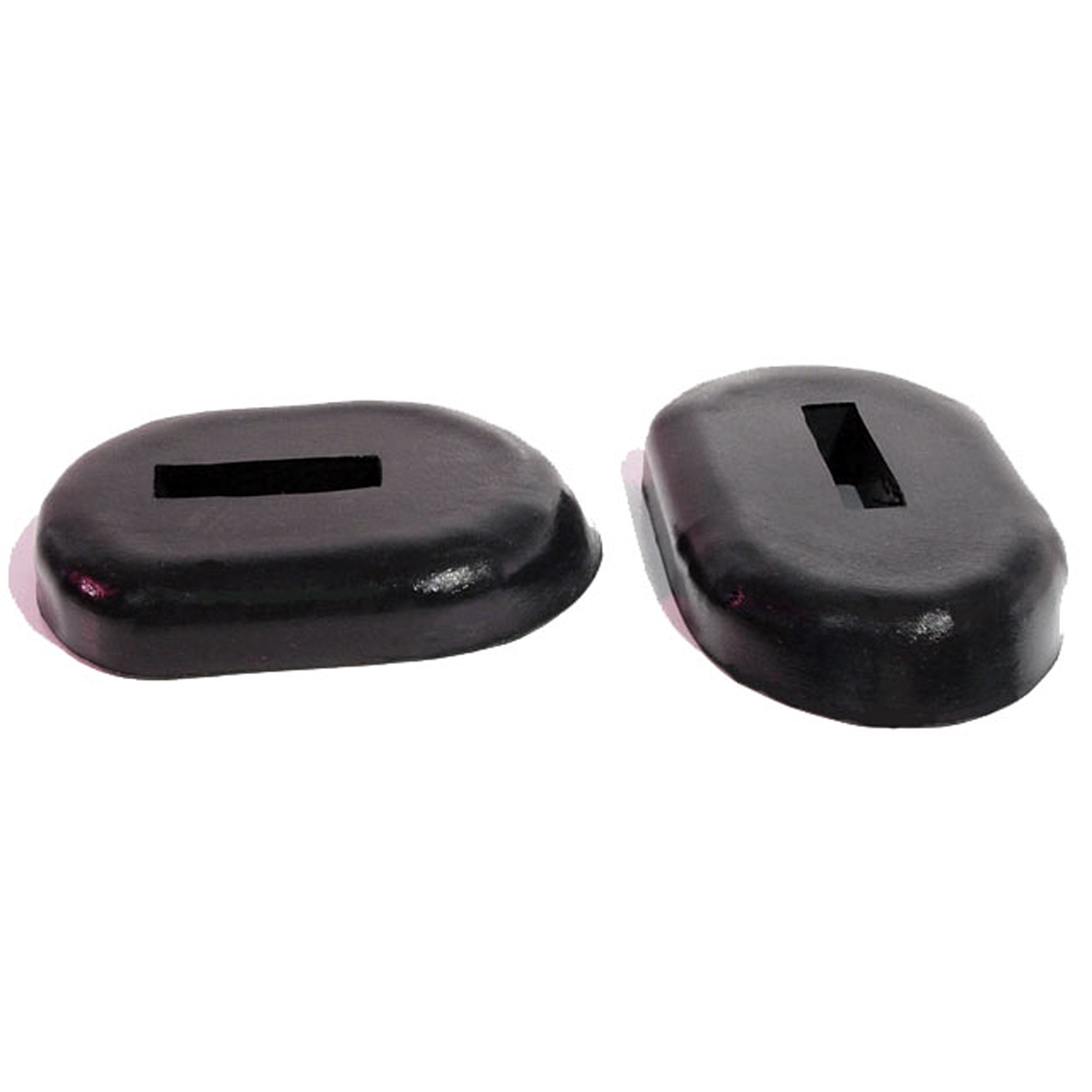 1942 Willys Americar Rear Bumper Arm Grommets-BG 71Rear Bumper Arm Grommets. 2-1/2" wide X 3-7/8" long, with 1-1/2" long inner slot. Pair
1942 Willys Americar Rear Bumper Arm Grommets-BG 71Rear Bumper Arm Grommets. 2-1/2" wide X 3-7/8" long, with 1-1/2" long inner slot. Pair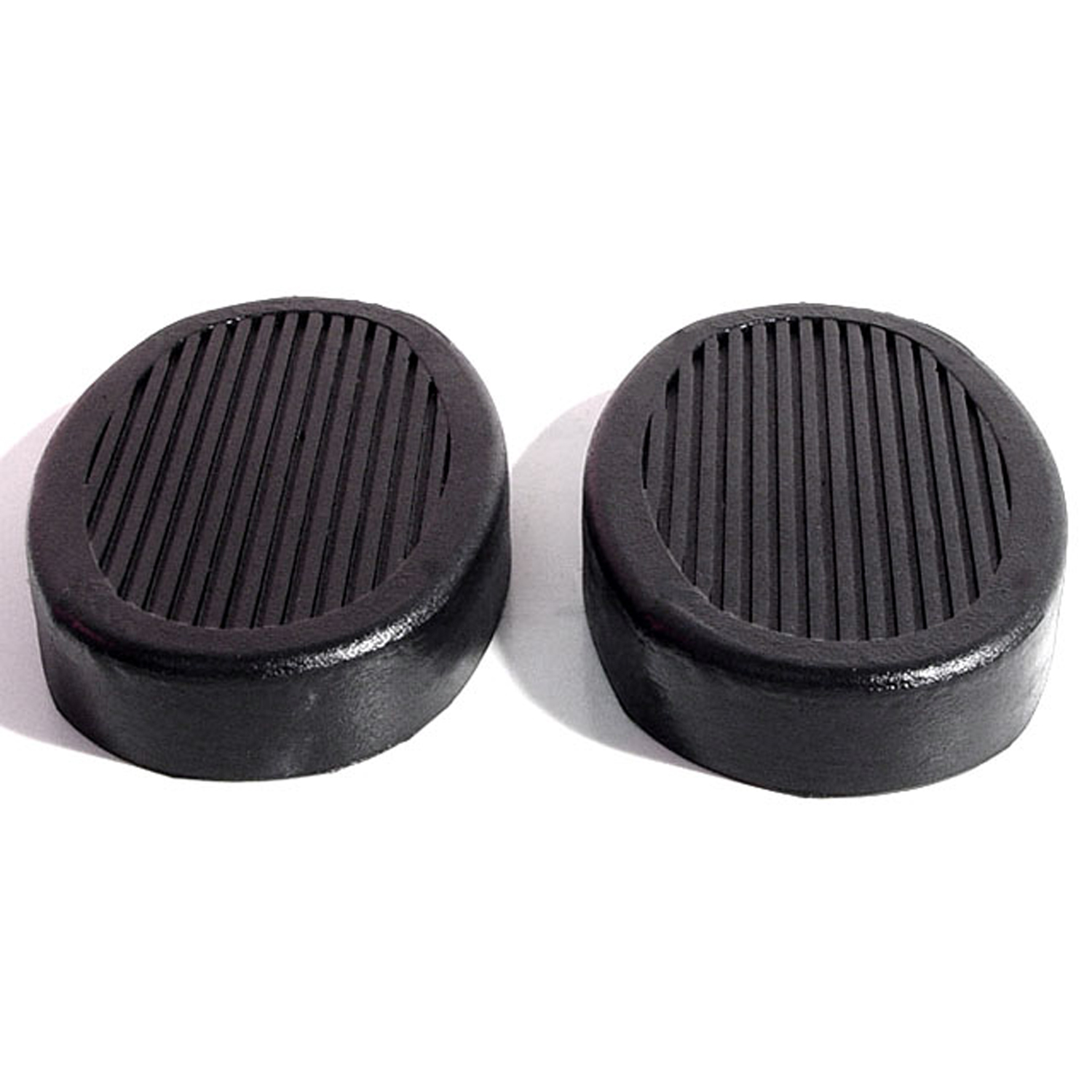 1942 Willys Americar Clutch and Brake Pedal Pads. Exact reproduction-CB 96Clutch and Brake Pedal Pads. Exact reproduction. 2-3/16" wide X 3-5/16" long. Pair
1942 Willys Americar Clutch and Brake Pedal Pads. Exact reproduction-CB 96Clutch and Brake Pedal Pads. Exact reproduction. 2-3/16" wide X 3-5/16" long. Pair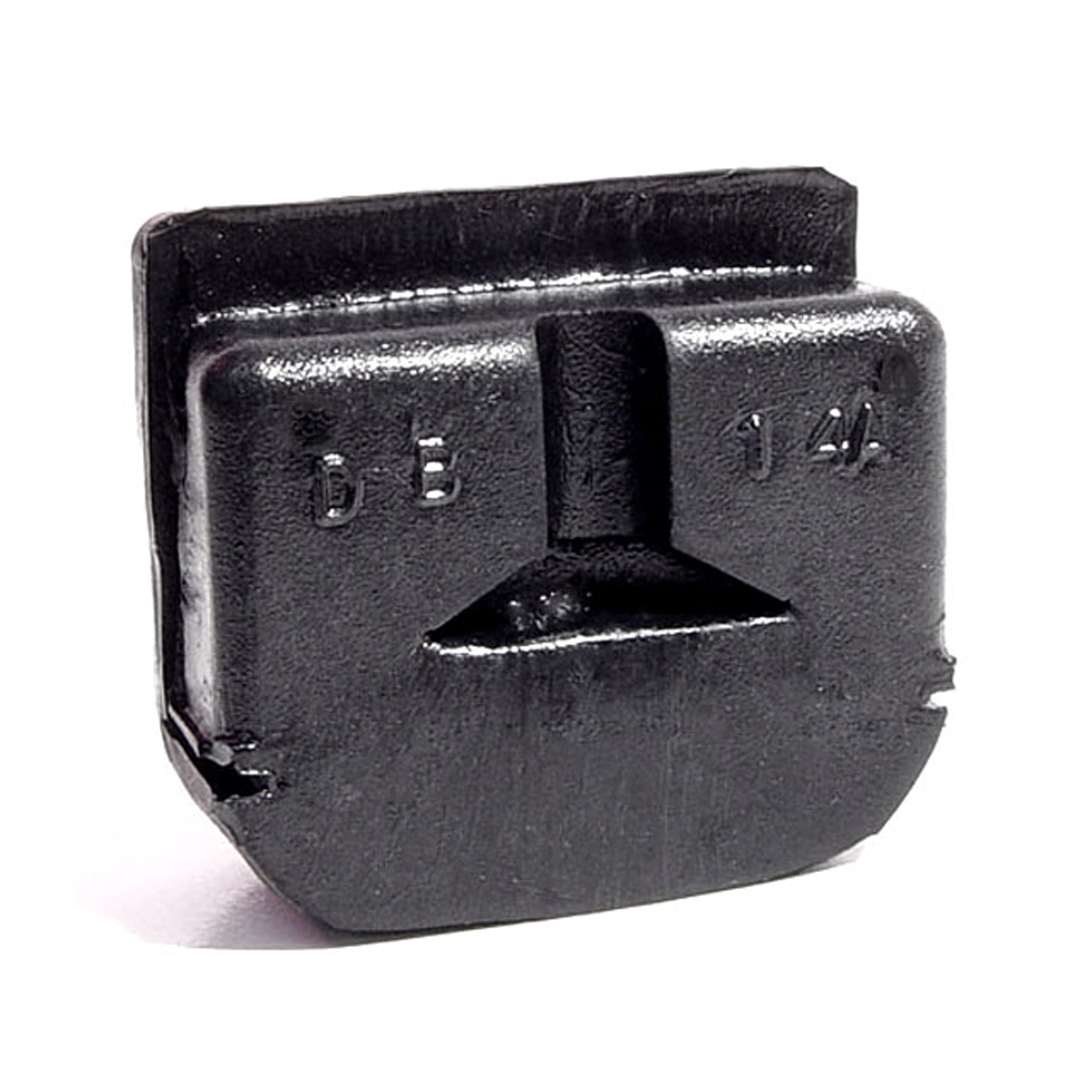 1942 Willys Americar Door Bumper. Exact reproduction-DB 14-ADoor Bumper. Exact reproduction. 1-3/16" high X 1-9/16" wide X 9/16" thick. Each
1942 Willys Americar Door Bumper. Exact reproduction-DB 14-ADoor Bumper. Exact reproduction. 1-3/16" high X 1-9/16" wide X 9/16" thick. Each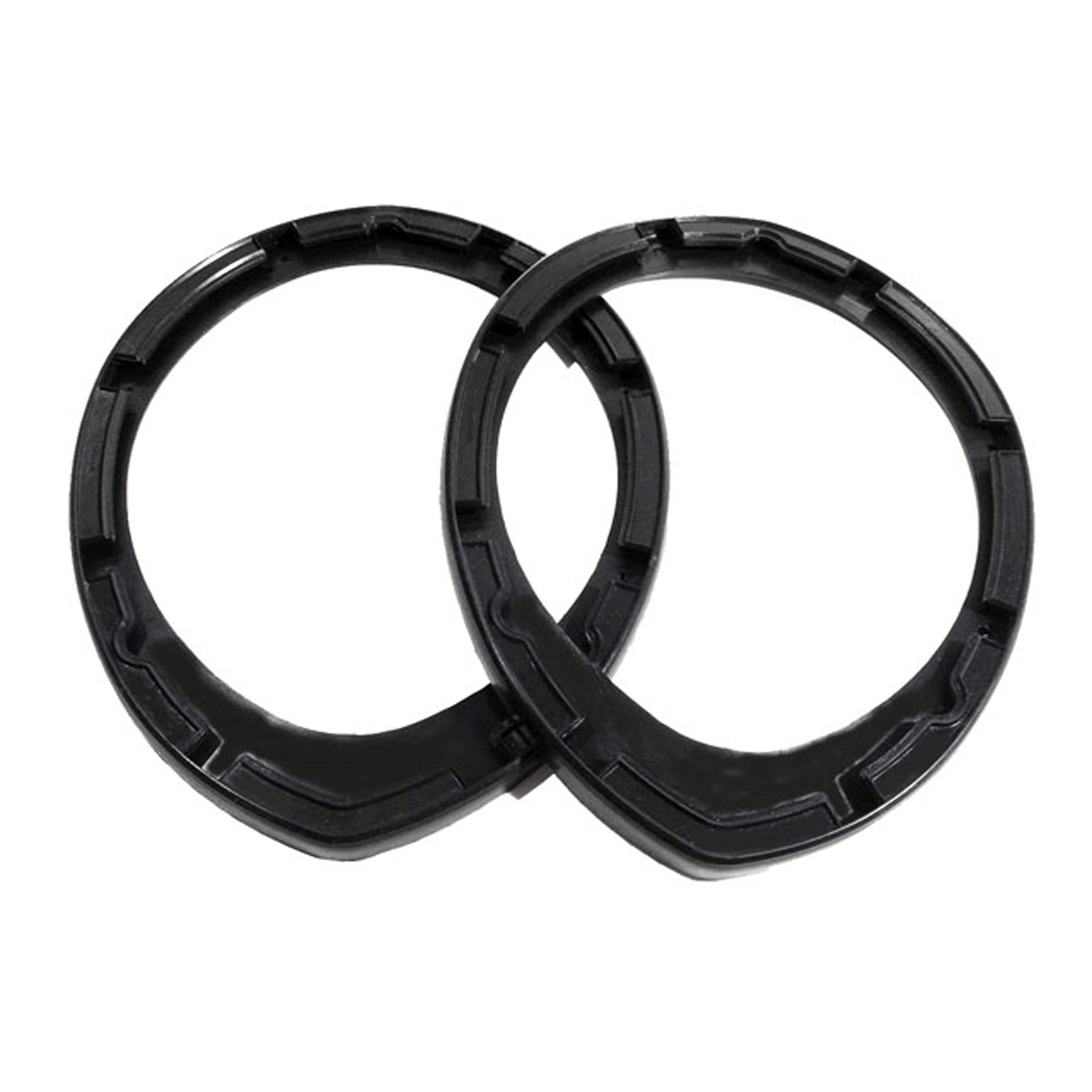 1942 Willys Americar Headlight Ring Seal. Pair-HR 96Headlight Ring Seal. Pair
1942 Willys Americar Headlight Ring Seal. Pair-HR 96Headlight Ring Seal. Pair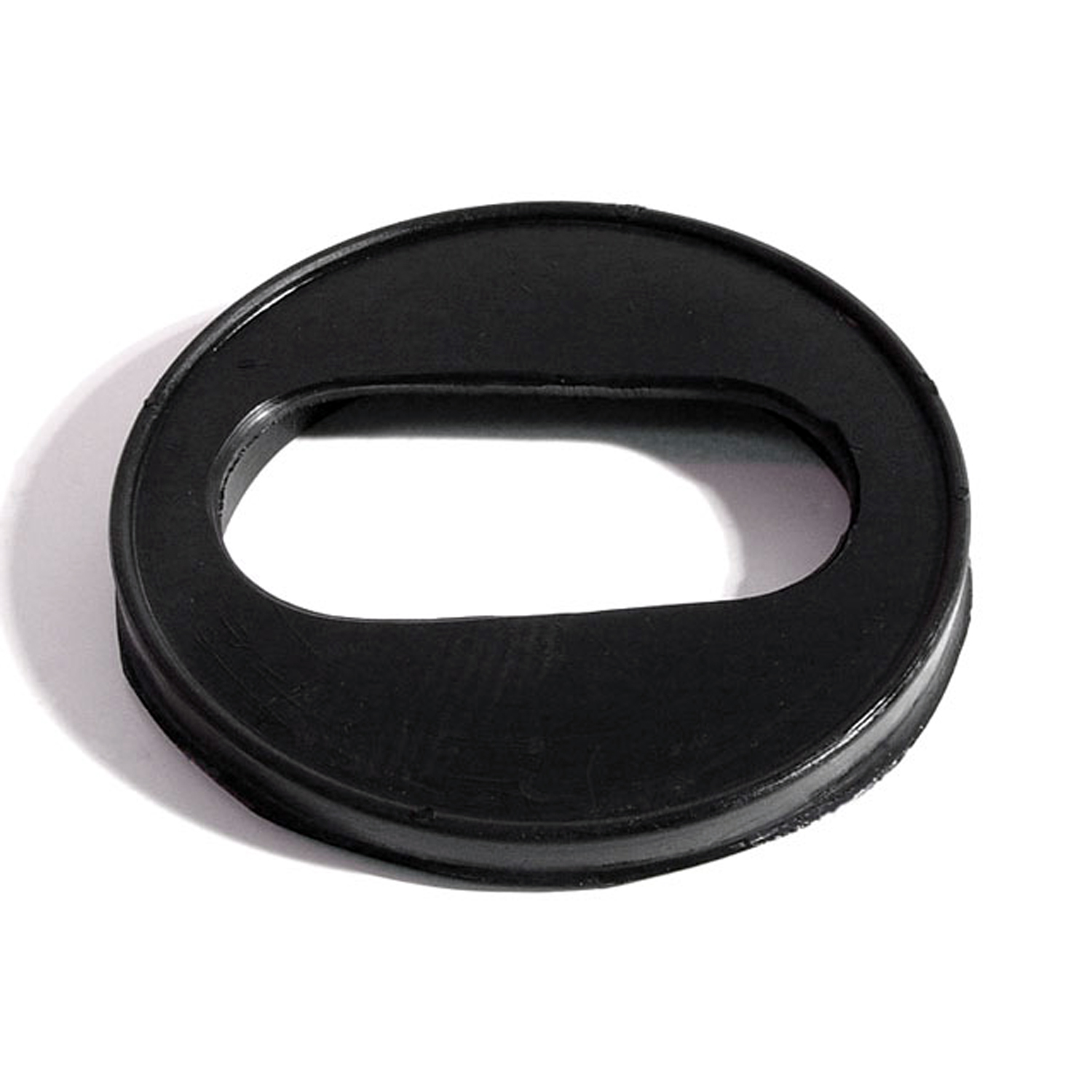 1942 Willys Americar Tail-light Base Pads, for Coupe only. Each-MB 19Tail-light Base Pads, for Coupe only. Each
1942 Willys Americar Tail-light Base Pads, for Coupe only. Each-MB 19Tail-light Base Pads, for Coupe only. Each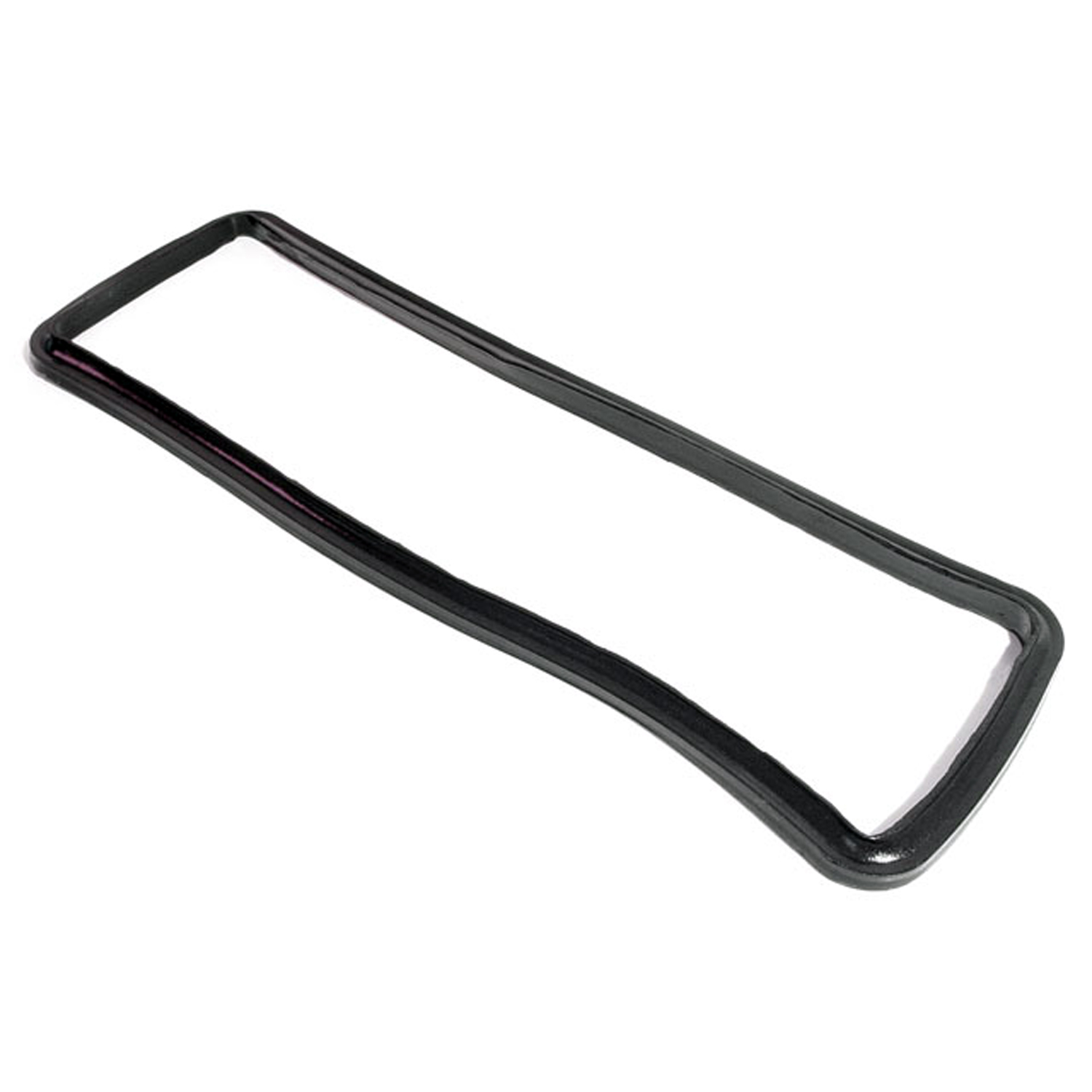 1942 Willys Americar Cowl Vent Seal. Made of molded sponge-RP 100-GCowl Vent Seal. Made of molded sponge. 3-3/4" wide X 11-1/4" long. Each
1942 Willys Americar Cowl Vent Seal. Made of molded sponge-RP 100-GCowl Vent Seal. Made of molded sponge. 3-3/4" wide X 11-1/4" long. Each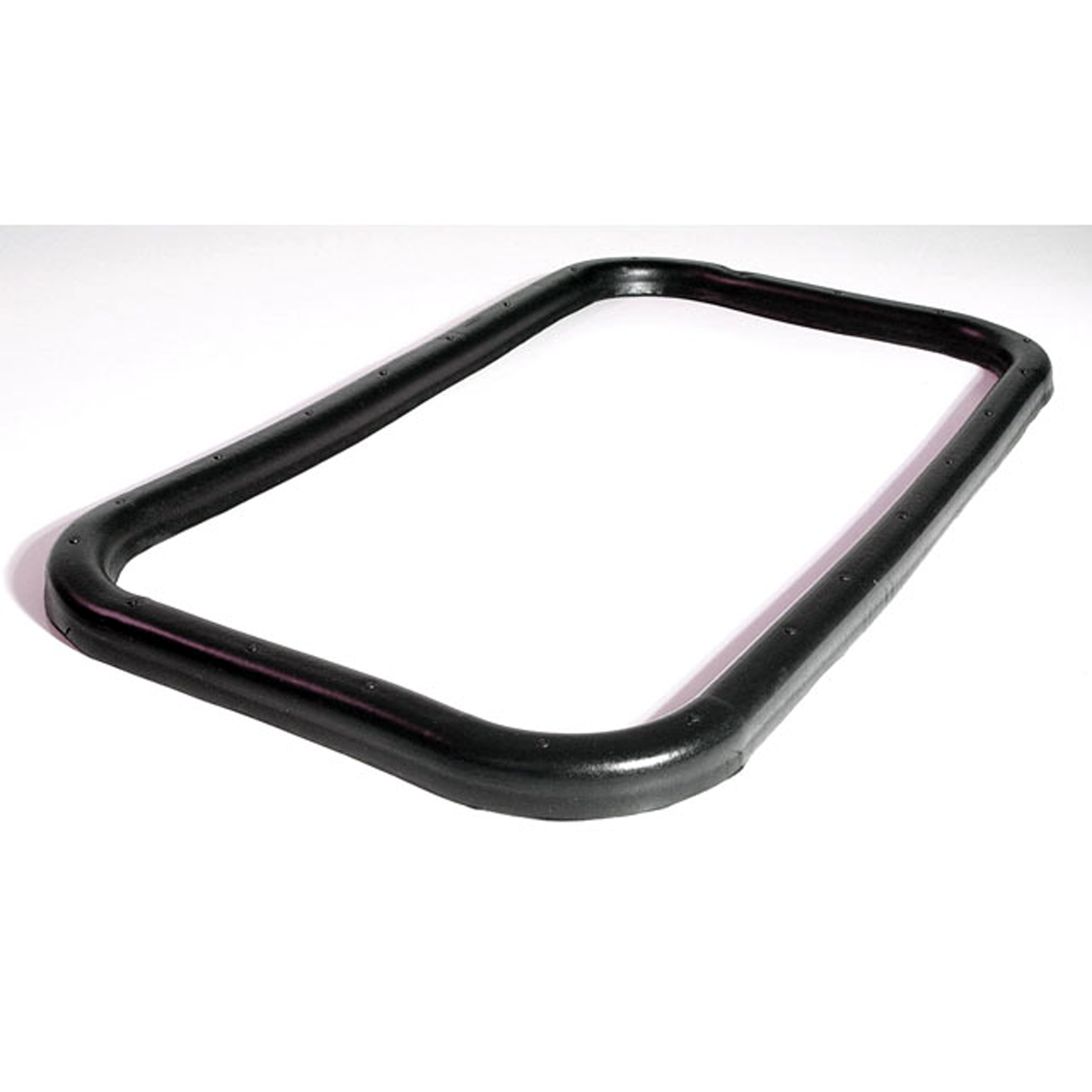 1942 Willys Americar Hood to Cowl Vent Seal. Made of molded sponge-RP 100-HHood to Cowl Vent Seal. Made of molded sponge. 7-5/8" wide at side X 13-3/8" long. Each
1942 Willys Americar Hood to Cowl Vent Seal. Made of molded sponge-RP 100-HHood to Cowl Vent Seal. Made of molded sponge. 7-5/8" wide at side X 13-3/8" long. Each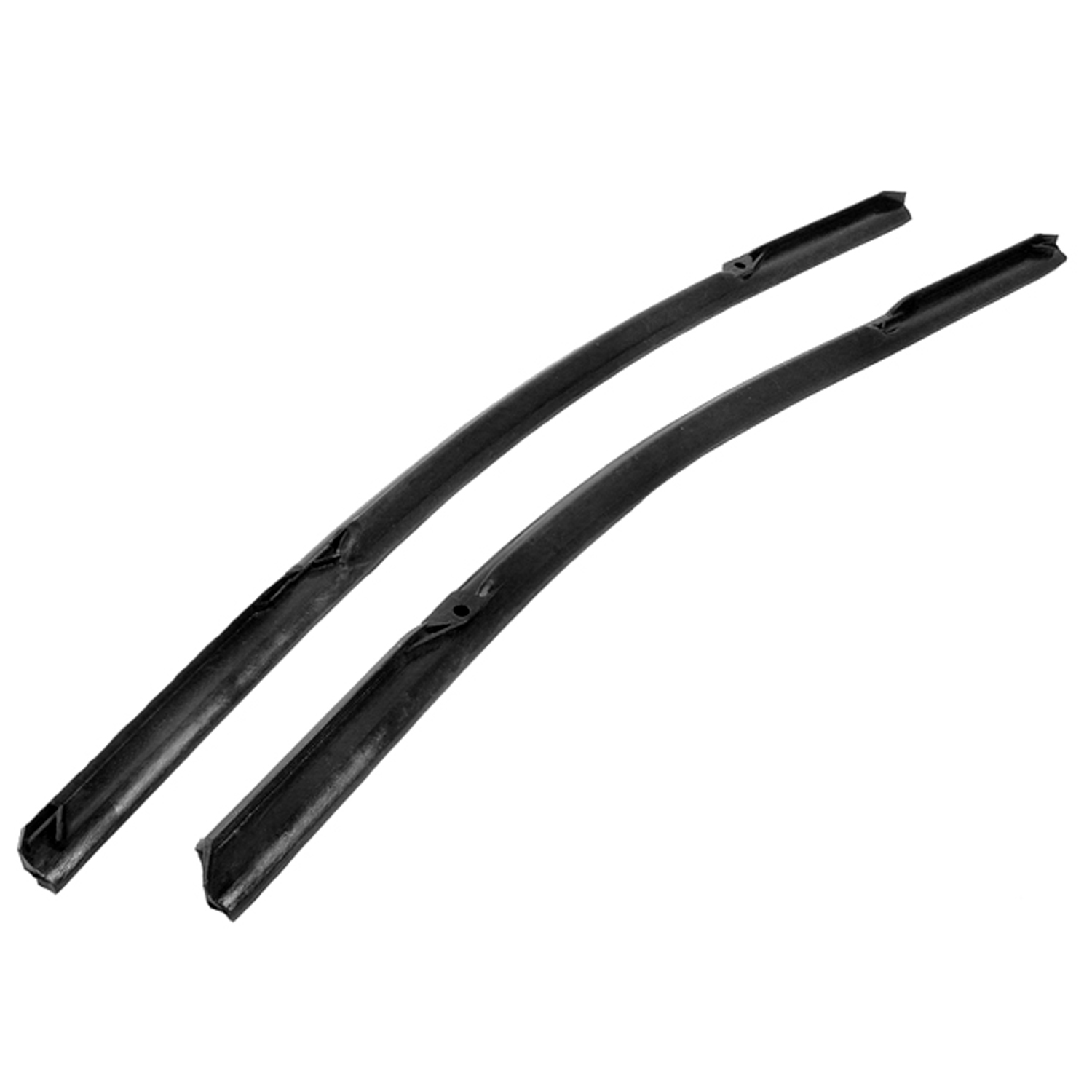 1942 Willys Americar Front Vent Window Seals, for Coupes. 25-1/2" long each-WR 9602Front Vent Window Seals, for Coupes. 25-1/2" long each. Pair
1942 Willys Americar Front Vent Window Seals, for Coupes. 25-1/2" long each-WR 9602Front Vent Window Seals, for Coupes. 25-1/2" long each. PairWhy Choose Metro?
For over 100 years, Metro Moulded Parts has been the pinnacle of quality in classic car restoration parts. Our commitment to precision and authenticity in every component ensures a perfect fit and an OEM-level appearance.
- Expert Craftsmanship & Quality: Each part is a testament to our dedication to reliability and perfection, crafted from original designs and thoroughly tested.
- Advanced Technology: We use cutting-edge techniques to create flawless, long-lasting parts that surpass others in performance.
- SuperSoft Sponge – The Ultimate Door Seal: Not only are our door seals 30% softer than competitors', but they're also guaranteed to never leak. They effectively reduce wind and road noise, enhancing your classic car's comfort and driving experience.
- Proudly American: Our parts are a product of American craftsmanship, made in the USA with a spirit of excellence and heritage.
- Unrivaled Warranty: We back our products with a 30-year industry-leading warranty, a testament to our confidence in their quality.
Join us in preserving the legacy of classic cars with parts that are crafted for perfection, not just made.

